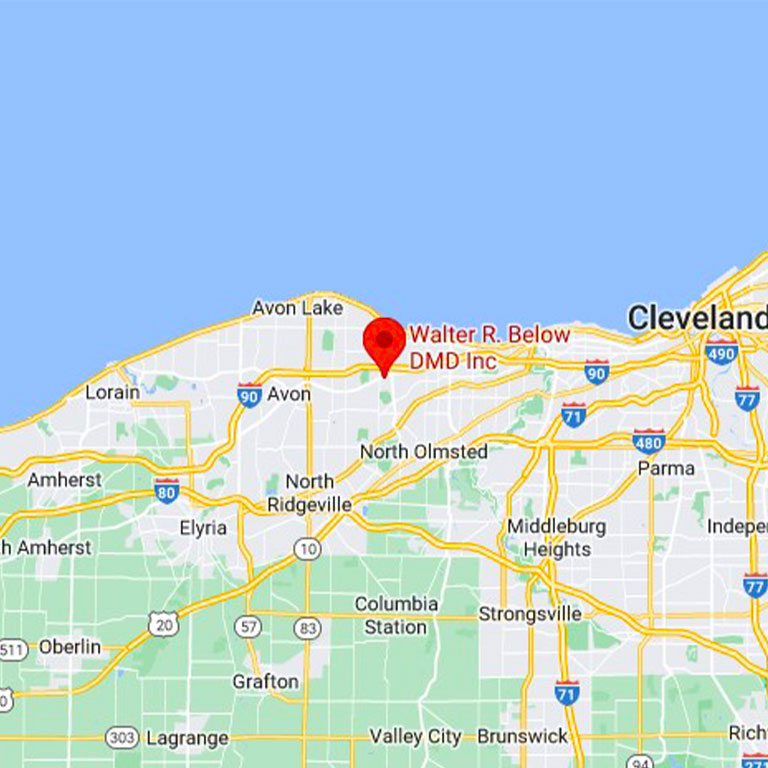Three Types of Dental Implants, Which One is Right For You?
One in four Americans has untreated tooth decay. If left untreated for a long period, tooth decay can result in permanent tooth loss. And it’s definitely not a pleasant scenario to imagine!
While optimum dental care and regular checkups are necessary for everyone, the good news is that now tooth loss is also a fixable condition. In recent years, cosmetic dentistry has advanced a great deal and now offers dental implant solutions for people who lose their teeth due to decay, illness, or an injury.
If you have been hiding away from the crowds, not smiling openly, or lack confidence due to a lost tooth, here’s something you can do about it.
In this blog today, we’ll tell you about three types of dental implants that can help you regain your confidence and a full smile.
What is a Dental Implant?
A dental implant is a type of dental procedure that cosmetic dentists offer. Through this treatment, dentists fix a titanium-based post (screw) in your gum and top it with a crown. A crown is an artificial tooth that’s customized according to your denture, jawline, and the appearance of your real teeth.
Three Types of Dental Implants
If you have lost a tooth or multiple teeth due to an accident or illness, then here are three types of dental plants you can consider.
Single Dental Implant
Single dental implant is an ideal solution for people who have lost a single tooth. A single screw is fixed into the gum, and a few weeks later, the crown is installed in place of the missing tooth.
Implant-Supported Bridge
If you have lost a couple of teeth with a gap in between, an implant-supported bridge may work for you. Through this technique, a cosmetic dentist fixes two or three posts in the gum and sets a bridge of crowns on the given support.
Implant-Retained Denture
People who have lost all their teeth due to age or a medical condition opt for implant-retained dentures. Much better than removable dentures, implant-retained dentures are fixed on top of multiple screws strategically placed in the gum. The denture is then fixed on top of the implants to give a natural-looking set of teeth.
Some Considerations to Keep in Mind
Dental implants have a success rate of 98 percent and are widely popular in the US; however, here are some things to keep in mind.
Bone Density
Your bone health, as per your age and bone density, is taken into consideration, especially if you’re looking for bridge or denture implants. A cosmetic dentist will examine your bones to determine the right solution for you.
Oral Health
Your overall oral health is also important when choosing the right dental implant. If you have a poor bite, weak gums, or skeletal problems, your dentist may want to address those problems first.
Number of Missing Tooth to be Replaced
And naturally, the right kind of dental implant depends on the number of teeth you are looking to replace. If you have lost multiple teeth and may lose more (due to an illness), your dentist may recommend you implant-retained denture instead of an implant-supported denture.
Consult Westlake Dental Implant Specialist
If you’re interested in getting dental implants in Westlake, please book an appointment! With 30 years of experience as a cosmetic dentist, Dr. Below offers dental implants, teeth whitening, and children’s dentistry services.






